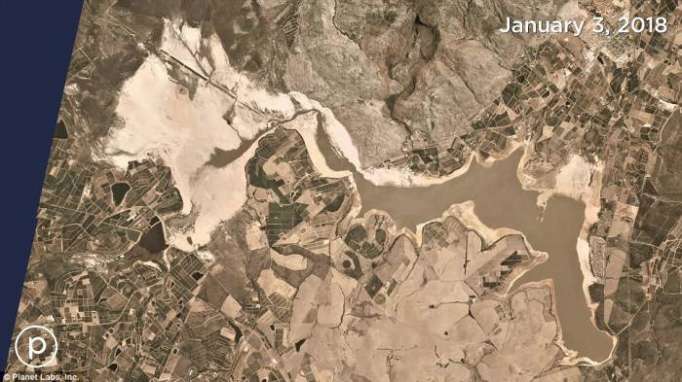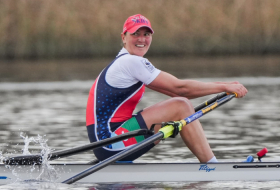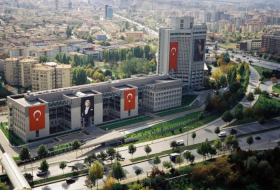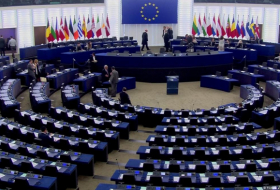Theewaterskloof Dam can hold around 480,000 megalitres, or 126 billion gallons and accounts for half the water held by dams in the region.
But due to severe drought and population growth it is now only 13 per cent full, down from 14 per cent last week.
The images show the water level dramatically receding over several months as the earth around the dam turns from green to brown.
The city has ramped up already tough water restrictions in a bid to avoid what is being called 'Day Zero' - a day expected in mid April when the taps will run dry.
Residents will be asked to use no more than 50 liters of water daily, down from the current limit of 87 liters.
The use of city drinking water to wash vehicles, hose down paved areas, fill up private swimming pools and water gardens is illegal.
Residents using too much water will be fined or have devices that limit water supply installed on their properties as 70 per cent of water used in Cape Town is consumed in homes.
The city of four million has been struggling for several years with water shortages caused by climate change and huge population growth.
Political factions are also bickering about alleged failures to respond to warnings years ago about a looming water crisis.
'Day Zero,' set for April 16, would occur if the average level of reservoirs serving the city falls below 13.5 percent. The average level has dropped to 26 percent.
Authorities said they will take over management on Thursday of a source of natural spring water where residents have converged, sometimes chaotically, to collect water.
One person was detained at the Newlands neighborhood site after a fight broke out this week, and noise and traffic congestion around the clock have disturbed neighbors and an adjacent home for the elderly, the city said.
Private security guards already monitor people with plastic containers at another natural spring location at a South African Breweries facility in Newlands.
The possibility that most city taps might have to be shut off has raised concerns about security, and police and the military are expected to help secure water collection sites if 'Day Zero' occurs.
A South African parliamentary committee said it will ask the government to 'rein in unscrupulous traders' who have raised the price of bottled water to take advantage of the crisis. Poor people will suffer the most from price gouging, the trade and industry committee said.
Water shortages also have hit Cape Town's hospitality industry, whose leaders are urging hotels to consider switching to salt water instead of fresh water in swimming pools and want restaurants to skip linen napkins that would have to be laundered and rethink menus and food preparation.
They recommend fewer pasta dishes because they require a lot of water to make, and suggest steaming vegetables instead of boiling them.
While tourism officials have reported some visitor cancellations, several events are going ahead as planned.
Thousands of delegates are expected at a mining industry conference next week. Organizers of the Cape Town Cycle Tour, which raises money for charity and attracts thousands of participants, say their March ride won't use any municipal water and will rely on its own supply. An international jazz festival is scheduled for March.
While other international cities have faced water shortages, Cape Town's situation is more extreme and an effective handling of the situation could serve as a global model, said Sisa Ntshona, CEO of the South African Tourism agency.
'We are actually the guinea pigs to the world as to how to overcome this,' he said.
The Daily Mail
More about: CapeTown
















































